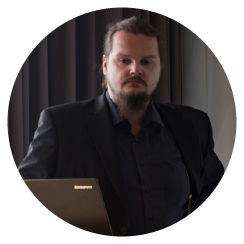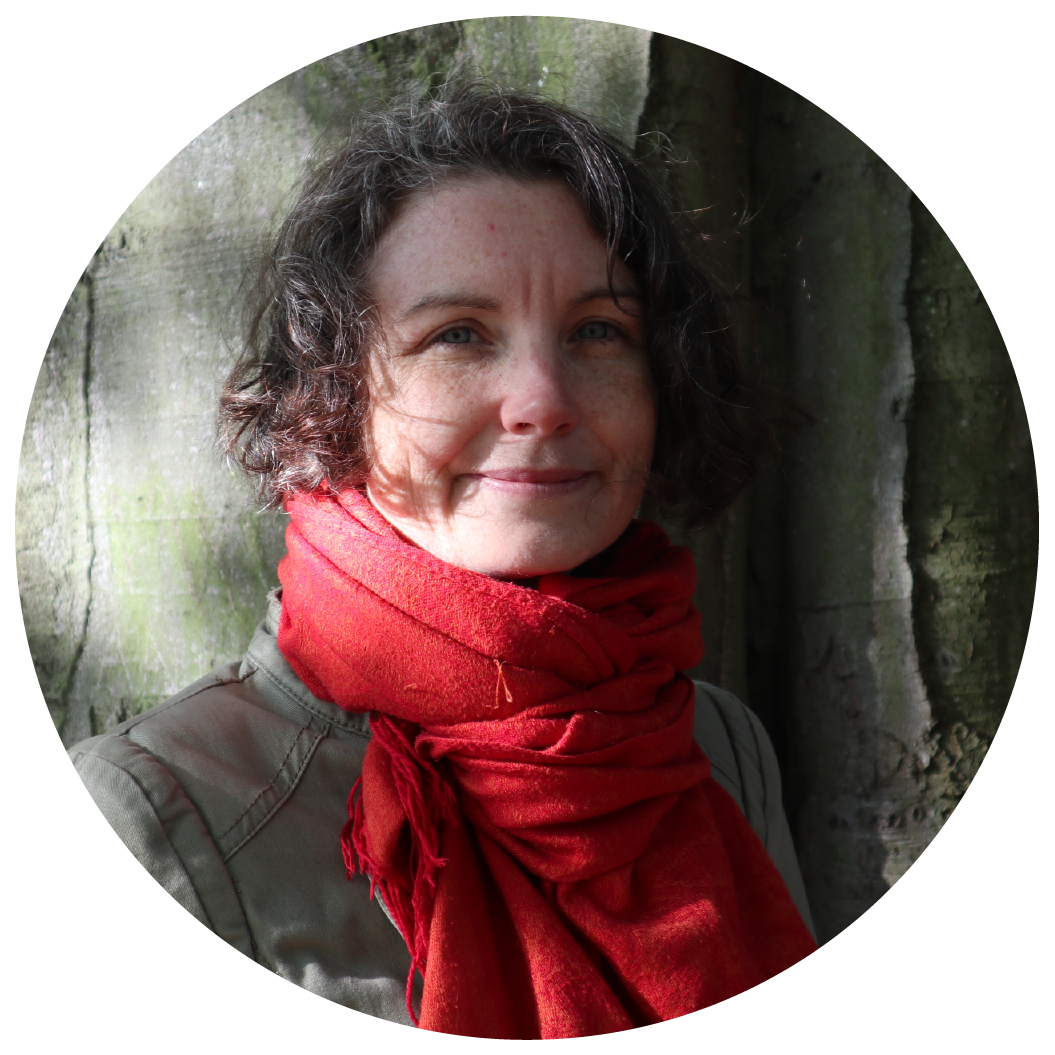TPM AI-Lab Luncheon: Ethics Charter Feedback
11 November 2021 16:43 - By: Webredactie | Add to my calendar
At the TPM AI Lab we aspire to maintain ethical standards regarding our activities in the lab. As part of this pursuit, we decided to develop an Ethics Charter with input from you.
Dear TPM AI Lab Community Members,
At the TPM AI Lab we aspire to maintain ethical standards regarding our activities in the lab. As part of this pursuit, we decided to develop an Ethics Charter with input from you.
Our efforts are driven by a number of concerns surround the topic of AI which require greater guidance than is currently available through existing integrity policies at the university.
Most importantly, the consequences of producing and using AI based systems are often difficult to foresee due to the complexity and scale of these systems. Furthermore, we see the increasing power of Big Tech companies and powerful governments in shaping AI research in their interest. Such consequences and forces can negatively impact our educational activities, the independence of researchers and the ability of our academic output to serve a diversity of (public) interests.
Over the last year, based on conversations with some of you, Esther de Graaf and the TPM AI Lab MT developed a first draft of the Ethics Charter. Given that the concerns raised may bring challenges to most of us, our plan is to turn this ethical charter into a living document that grows with your input and can support us as we engage in AI related research and educational projects.
The next TPM AI Lab luncheon is dedicated to discussing this draft and the future direction of our Ethics Charter with you! Tobias Fiebig and Samantha Copeland will kick-off our meeting with inputs on ethics charters and academia, after which we will have interactive sessions to discuss the draft.
In preparation of the luncheon, we would like to invite you to take a look and leave comments on our first draft.
We will use your comments to organize the meeting and prioritize topics.
Please feel free to join the meeting even if you don’t have the time to do any preparation.
To sign up for the luncheon, please accept the invitation mail which will be sent to all TPM staff members. If you have any questions, you can reach us at ailab-tpm@tudelft.nl.
Meet our speakers!

Tobias Fiebig
Assistant professor Information and Communication Technology
Tobias Fiebig is an assistant professor in the Information and Communication Technology section at the faculty of Technology, Policy and Management of TU Delft, focusing on identifying and mitigating human-factors based and preventable security issues in IT systems—like those all too common in the Internet of Things. For this, Dr.-Ing. Fiebig uses qualitative research methods, but also develops new tools for the future-proof Internet scale assessment of vulnerabilities. His most recent publications include a significant contribution towards making the IPv6 Internet scanable, understanding and mitigating the impact of DNS misconfigurations in the DNS ecosystem, and the first study on system operators’ perspective on security misconfigurations.
Samantha Copeland
Assistant professor Ethics and Philosophy of Technology
Samantha Copeland has been an assistant professor with the Ethics and Philosophy of Technology section since coming to TU Delft in 2018. Her research centers around issues in ethics raised by conditions of uncertainty, with a general focus on the areas of emerging medical technologies, urban resilience planning and scientific discovery. Invited to be the lead author on the revisions of the Code of Conduct for the new Vision on Integrity at TU Delft, in 2019 she worked with representatives from faculties and services throughout the university to revise and rewrite the Code, in light of the values and principles identified as basic for all university students, employees and guests. This collaborative effort took several months and resulted in the current Code; because this Code is a ‘living document’, her work on this continues in the form of education, feedback and identifying remaining needs.
